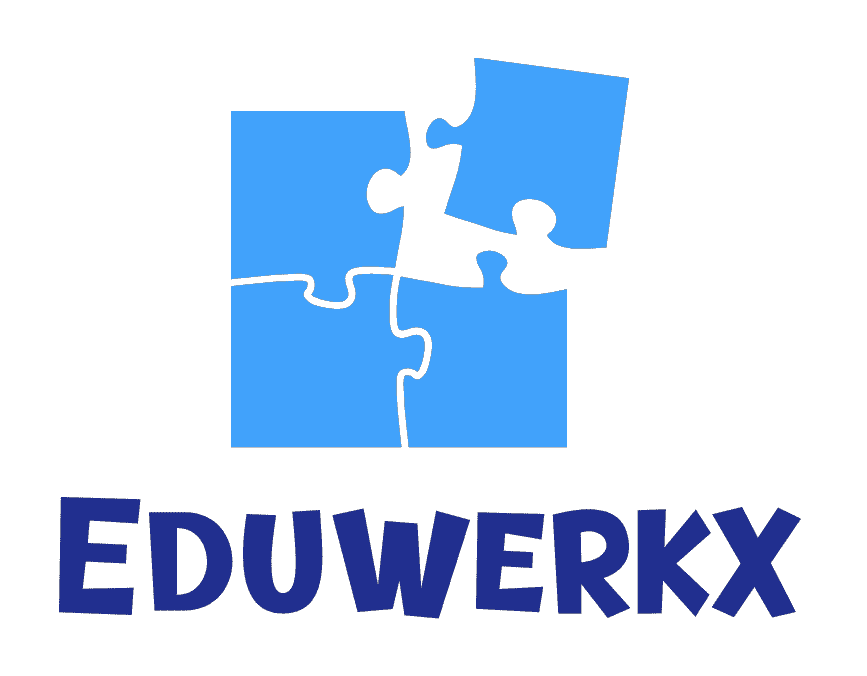In our initial post, we mentioned that active engagement is key for developing lifelong learning, but active engagement alone does not guarantee it. Lifelong learning is more than just being actively involved, it’s the mindset of continuous pursuit of knowledge and personal growth beyond formal education. In this post, we will discuss about why the growth mindset is essential for building these lifelong learning habits.
Growth Mindset: A Critical Factor for Lifelong Learning
To embark on the journey of lifelong learning, one must first cultivate a growth mindset. A growth mindset, as defined by psychologist Carol Dweck, is the belief that abilities and intelligence are not fixed but can be developed through persistent effort and deliberate practice. Without this unwavering belief, even the most active learner will struggle to embrace lifelong learning.
Forming this belief is a significant challenge in guided learning. Often, these structured environments prioritize specific, predetermined outcomes and expectations, creating a disconnect between the learning experience and personal beliefs about knowledge. Humans are naturally born with the belief that knowledge is fluid, constantly evolving and constructed through exploration.
The structure of guided learning often disrupts this innate perspective, teaching learners to view knowledge as absolute and unchanging, effectively turning learning into a quest for finding “that one right answer”. The real problem arises when learners discover the knowledge and skills acquired do not translate to real-world situations.
This realization results in a natural disengagement and loss of motivation, which is consistent with the brain’s tendency to prioritize activities that are perceived as valuable and to disengage from those that feel pointless or lacking in value. It’s like enrolling in an expensive “Proven Marketing Success” course, filled with secret formulas to double your sales.
Impressed by the simplistic content and revolutionary methods, you leave a glowing review. But the disillusionment hits hard when these “magic formulas,” so potent in theory and in the classroom, completely fail in real-world application. This stark contrast with your past learning experiences, like bicycle riding and driving where theory can immediately be translated into practice, leads you to question your abilities.
Thinking you might be the problem, you invest further by taking another class or purchasing the upsell, only to encounter the same frustrating disconnect. This persistent gap between expectations and results ultimately fuels frustration, erodes motivation and ultimately lead you to stop trying. This is not about being lazy or having a lack of discipline, but rather an activation of the brain’s protective mechanism for cognitive efficiency.
To put it simply, the brain decides that the activity is not worth the cognitive effort and subconsciously activates a “protective mechanism.” This mechanism might manifest as procrastination, loss of interest, having difficulties to concentrate or even outright avoidance of the task. When students consistently perceive learning to be irrelevant, they are less likely to believe that it can improve their abilities.
This undermines the development of a growth mindset, reducing classroom participation to a mere formality and engagement remains superficial. While they may complete assignments and adhere to external expectations, they lack the genuine drive to learn and challenge themselves. Interested to find out other essential factors for lifelong learning? Like and follow for part 4.
#ParentingTips #TeenEducation #AcademicSupport #LearningChallenges #StudyTips #EducationMatters #TeenSupport #SchoolStruggles #EducationalGuidance #ParentingAdvice #Eduwerkx #AITutor #education #edtech #learning #ActiveEngagement #GuidedLearning
